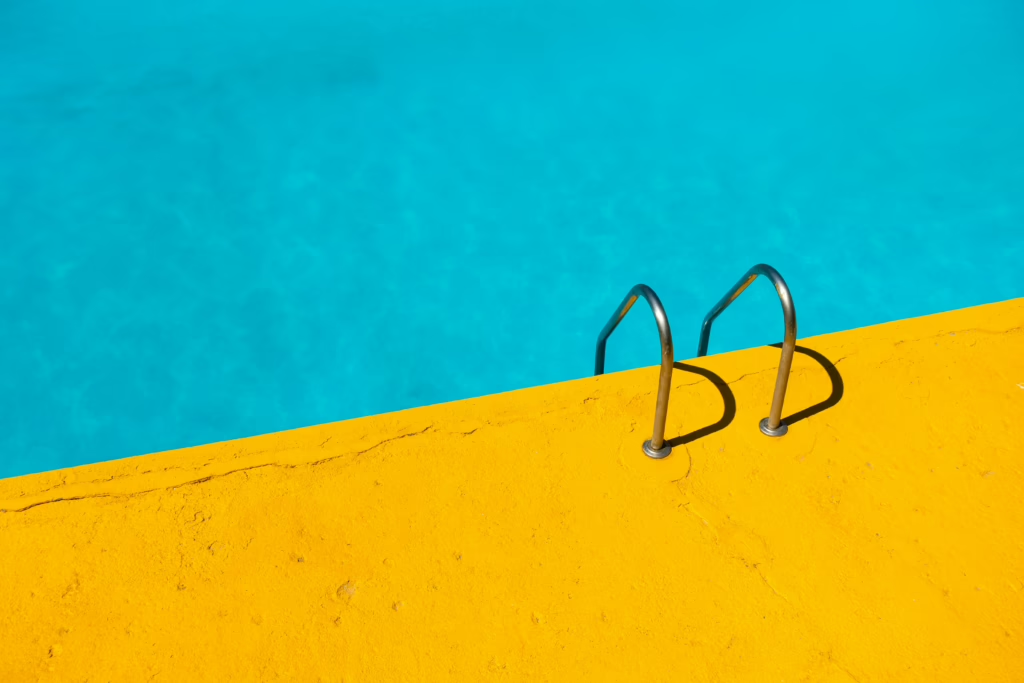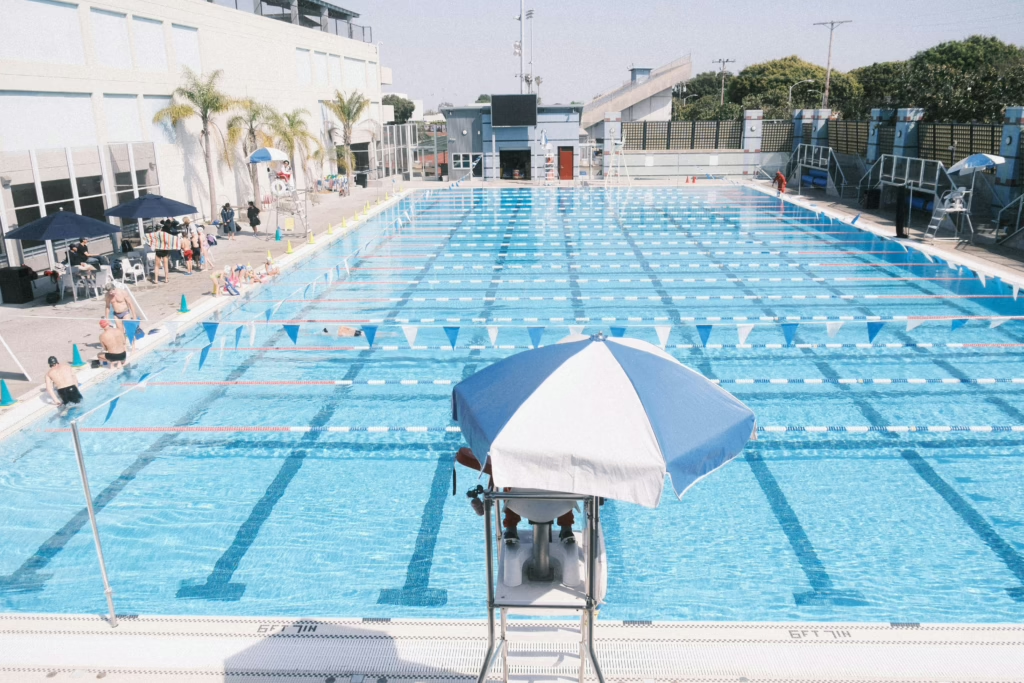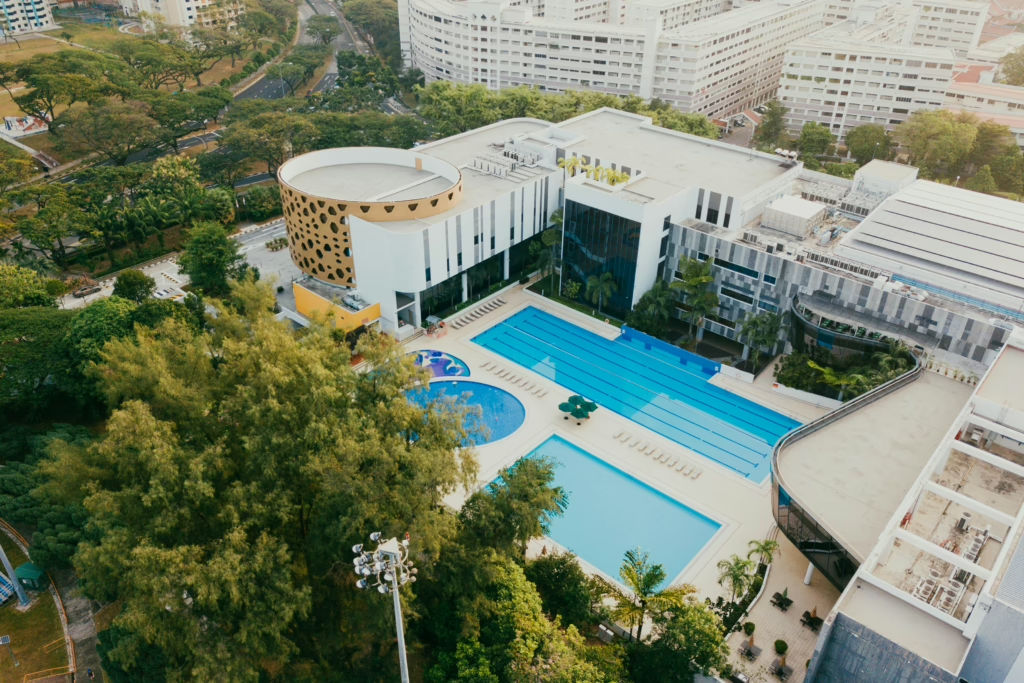A well-functioning pool pump is vital for maintaining clean, healthy water and ensuring your pool’s filtration system works efficiently. When your pump begins to fail, it can lead to poor water circulation, increased energy costs, and potential damage to other pool components.
Recognizing the signs of a failing pump and addressing them promptly can save you time, money, and frustration. If you’re searching for “pool filter and pump installation near me,” this guide will help you identify when it’s time for a replacement.
Common Signs Your Pool Pump Needs Replacement
Strange Noises or Vibrations
Unusual sounds such as grinding, squealing, or rattling often indicate internal damage or worn-out bearings. Vibrations can signal that the pump is improperly secured or has motor issues.
Reduced Water Circulation
If you notice weak water flow or poor filtration, your pump may not be operating fully. This could be due to a failing motor or clogged components, which can compromise water quality.
Increased Energy Bills
Older or inefficient pumps consume more energy to perform basic tasks. A sudden spike in your electricity bill might indicate that your pump is struggling, making replacement or pool automation a more cost-effective solution.
Frequent Repairs or Breakdowns
Constantly needing repairs or experiencing pump failures can quickly become expensive. At some point, replacing the pump will be more economical than continuing with frequent maintenance.
Visible Wear and Tear
Cracks, rust, or other signs of physical damage on your pump indicate it may be nearing the end of its lifespan. If not addressed, these issues can worsen over time and lead to more significant problems.
Why Timely Replacement Matters
Replacing your pool pump when it begins to fail is crucial for maintaining the overall health of your pool system. A malfunctioning pump can put excessive strain on other components, including the filter and plumbing, potentially leading to costly repairs or replacements. By addressing the issue promptly, you can prevent further damage and extend the lifespan of your entire pool system.
Efficiency and Energy Savings
A new, energy-efficient pump brings several benefits. Modern pumps, particularly variable-speed models, are designed to optimize water circulation while consuming significantly less energy. This improves water quality, reduces the risk of algae growth, and leads to noticeable savings on your energy bills over time.
Minimizing Risk of Breakdown
Timely replacement minimizes the risk of unexpected breakdowns, which can be particularly frustrating during peak pool season. A proactive replacement ensures uninterrupted enjoyment of your pool.
Enhanced System Performance
Upgrading to a newer pump model can enhance the overall performance of your pool system. Advanced pumps include programmable settings, quieter operation, and smart home compatibility, simplifying maintenance.
FAQs: Pool Filter & Pump Installation Near Me
1. How much does pool filter installation cost near me?
The cost of pool filter installation typically ranges from $300 to $700, depending on the filter type and the setup’s complexity. Labor costs may vary based on location and the service provider’s experience. Contacting local professionals will help you get a more accurate estimate.
2. How do I choose the right pool filter for my pool?
Choosing the right pool filter depends on your pool’s size, usage, and maintenance preferences. Sand filters are affordable and low-maintenance, cartridge filters offer superior water clarity, and DE filters provide the highest level of filtration. Consulting a pool expert ensures you select the best option for your needs.
3. When should I replace my pool filter?
Most pool filters last 5 to 10 years, depending on their type and maintenance. Signs that it’s time to replace your filter include reduced water clarity, frequent clogging, or visible damage to the filter housing or components.
4. How much does a pool pump installation cost near me?
Pool pump installation costs generally range from $400 to $1,200, depending on the type of pump and local labor rates. Contact local providers for a detailed quote tailored to your system.
5. Should I upgrade to a variable-speed pool pump?
Yes, upgrading to a variable-speed pool pump is a wise investment. These pumps are highly energy-efficient, significantly reducing electricity costs. They offer better control over water flow, quieter operation, and often qualify for rebates, making them an excellent long-term solution.
Final Thoughts
Don’t wait until a failing pool pump causes more significant issues. Staying proactive with pool pump maintenance and recognizing the signs of a needed replacement will keep your pool in top condition.
Ready to upgrade your pump? Contact PoolLogic San Diego or our commercial pool service for a professional inspection and expert pool filter and pump installation near you!



